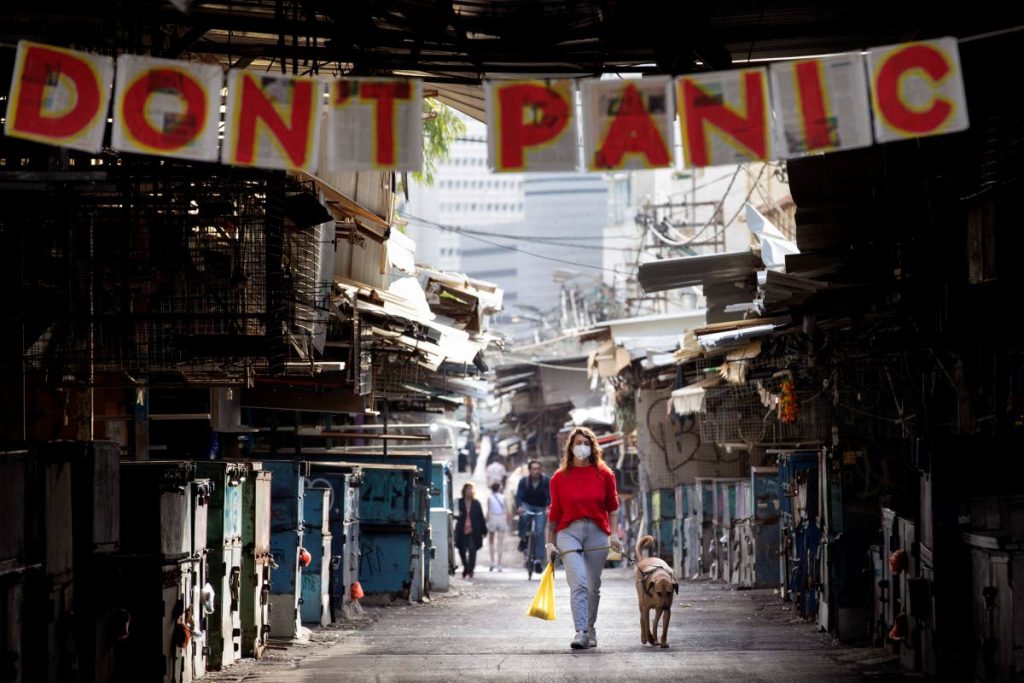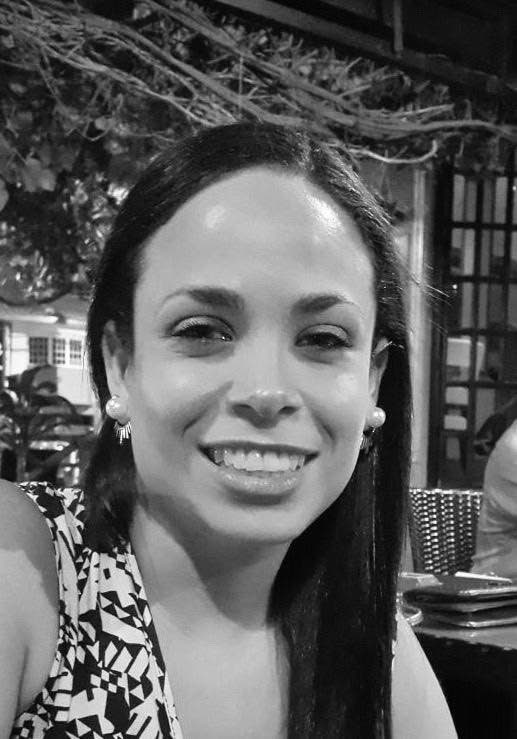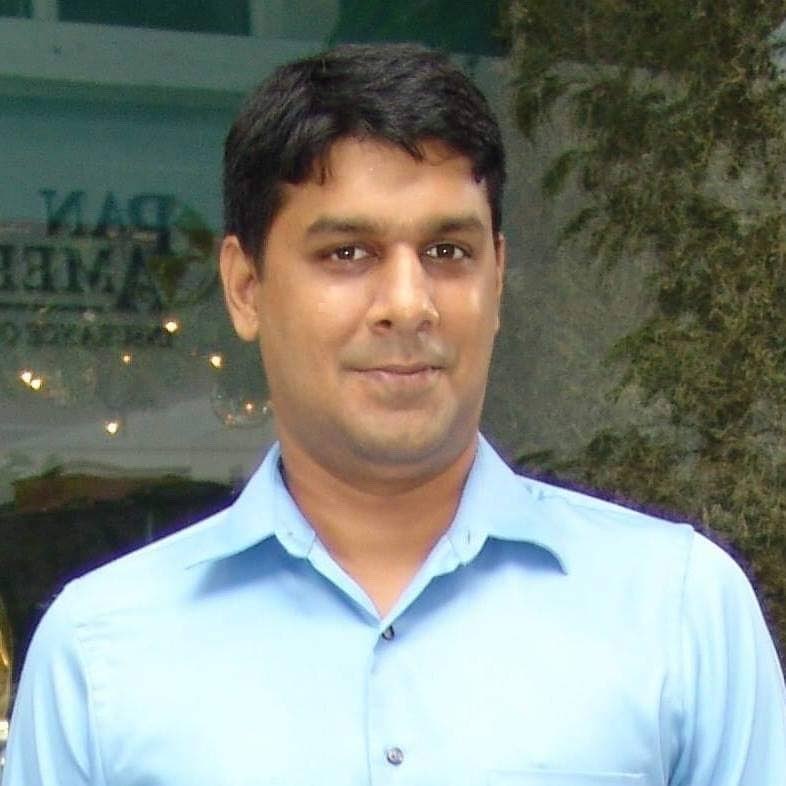Psychologists: OCD, anxiety patients may ‘spiral’ amid covid19

FOR some people, frequently washing their hands, sanitising surfaces and frequently using hand sanitisers is nothing new, but already part of their daily routines.
It’s not a healthy sign, though, if they are among those who have been diagnosed with Obsessive-Compulsive Disorder (OCD),
With the recent outbreak of the covid19 pandemic, psychologists believe these patients’ anxiety levels may worsen, making it even more difficult for them to cope.
OCD is an anxiety-based condition which makes the suffered have uncontrollable and unwanted thoughts that make them repeat a particular behaviour or action. These actions reach a point where they’re considered obsessive, as they interfere with daily life.
For example, a fear of germs may lead to obsessive hand-washing and remaining at home, or a fear of their house burning down may cause them to continually check to see if their iron is unplugged.
Clinical psychologist Tara Jackman explained it as, “when a person’s thoughts and behaviours are tied to a specific fear. And in order to avoid this fear, they engage in particular compulsions and behaviours to feel better. It’s an overall sense of control and avoiding feeling bad.”

She told Newsday that people with anxiety disorders, including OCD, are currently at a high risk of “spiralling” because of covid19.
“We’re kind of in this ‘wait and see’ mode, so with that comes a lesser sense of control. So people who suffer with mental illness, they’re going to be more impacted by this loss of control.” Psychologist Ronald John told Newsday OCD patients may also make their close friends and family anxious.
“OCD people, as it stands, are very conscious and they are very obsessive, at any rate with their cleanliness. So they are most protected in that sense, because they doing this long before we started doing it.
“But just imagine them being more heightened. Not only are they protecting themselves, but they are worried about everybody else around them.”
Patients with more severe cases are sometimes urged not to wash their hands and clean so often, since they do it so much that it damages their skin.
Asked how they will cope with these actions now being promoted to prevent the spread of covid19, John said, “They’re going to go back to washing it that way and more. They will be much for hypersensitive towards themselves. Remember, this is being driven by something beyond coronavirus.”
He said the daughter of one of his patients contacted him because she was becoming overwhelmed by her mother’s behaviour. The patient is cleaning her home excessively, not allowing anyone to walk in certain places in the house or to enter her bedroom with slippers on. She has also been asking any guests who visit to take a shower immediately. John urged the loved ones of anxiety and OCD sufferers to try their best to understand and be patient.

“They have to understand the person isn’t being wicked or badmind, they have an illness, and this is how the illness is playing out. “They become so hypersensitive to everything around them and they feel the coronavirus will be everywhere.”
He said telling the patients they are doing too much or blowing things out of proportion may only worsen their anxiety. Jackman shared similar sentiments, saying the best thing loved ones can do is to monitor the situation, taking note of things like changes in mood or in sleeping and eating patterns.
“Remember, these people already have difficulties coping with life in general.
“It’s really just monitoring, because now we have families that have to stay home with their kids, people that are staying away from work. This means now families are spending a lot more time together, and that’s a whole new dynamic.”
She also urged those who feel they are getting insufficient assistance and support at home to reach out to mental health professionals and organisations. She said some psychologists have been hosting sessions via Skype and other forms of video chatting.
Many people have also been doing what is now being called “panic-buying,” and stocking up on essentials like food, water and toiletries in case they have to go into quarantine. Some people have been expressing displeasure at this on social media, saying it is unnecessary.
But counselling psychologist Timothy Charran told Newsday one needs to consider that some of these shoppers may have anxiety disorders.

“One of the symptoms of anxiety is always planning for the worst. So given this current situation, their anxiety would be exacerbated. That means they will be overly cautious.”
He said psychologists try to help anxiety patients differentiate between rational and irrational fears. They often become overwhelmed over situations they have no control over, or those in which they do not have full control.
“We have to try to suggest ways of helping them not live with that fear,” he said.


Comments
"Psychologists: OCD, anxiety patients may ‘spiral’ amid covid19"